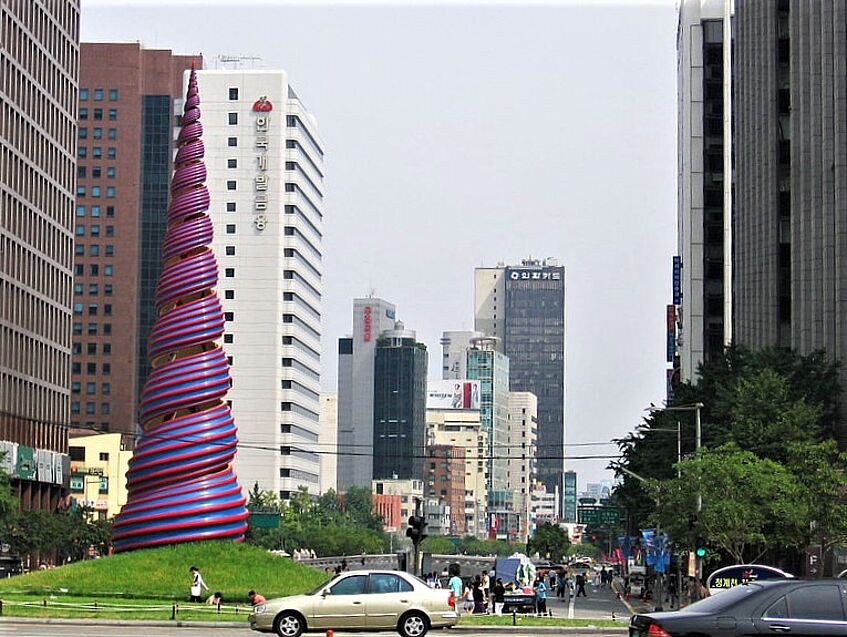Koreanology (Master)

© Rainer Dormels
The master’s programme in Koreanology equips students with the necessary competences to analyse complex questions about the development of Korea, in particular in the 20th and 21st centuries, on the basis of Korean-language material. Graduates of the masters’ programme are familiar with the basic schools of thought in the discipline and know the main theories and methods in their area of specialisation within Koreanology, which they selected for their master’s thesis.
Facts & Figures
- Students: n.a.
- Graduates in the last academic year: n.a.
- Number of semesters needed for graduation (median): n.a.
Data updated on: 03.12.2024
Attention
Instruction Language German
Please note that the instruction language of this programme is German. To start the degree programme, you need to hold a certificate of German proficiency on C1 level.
Admission Procedure
Information about the admission procedure
Information on Previous Studies:
In any case eligible degree programmes at the University of Vienna:
Getting started
Getting Informed
Study Programme
The master’s programme comprises modules on the following subject areas: Premodern Korean; academic research and writing; history, source studies, regional studies and culture of Korea; politics, economy and society of Korea; and methods and theories in Koreanology. Furthermore, students have to complete a research seminar for master’s students, write a master’s thesis and pass a master’s examination.
Five Concepts
which you will deal with during your studies:
- Premodern Korean linguistic variation
- Korean economy
- Methods in Korean studies
- Korean society
- Korean history and politics
... and many more.
Overview of the programme structure & topics
Here you find the current offer of courses for this programme to gain better insight into the topics and structure. For more information please click on the respective level.
After Graduation
Graduates of the master’s programme are able to communicate in a sophisticated manner with members of the Korean culture in economic, political, cultural and academic sectors. They are able to fulfil tasks that require specialist knowledge of the development of Korea, in particular in the 20th and 21st centuries, and an appropriate approach to worldwide globalisation processes. The research-oriented master’s programme provides a solid pre-professional education and qualifies students for further academic studies.
Graduates' Perspective on the Degree Programme
Graduates ...
- say that this degree programme receives the grade: 2.2 (good)
- rate the level of difficulty as: 3.3 (satisfactory)
→ These results are based on feedback from 6 graduates.
*You can find further assessments of the degree programme from its graduates’ perspective in the graduate survey of the master's programme in Koreanology (in German).
Graduates ...
- find employment within 2 months after graduation on average.
- earn an average of € 2,719 (women) and € 2,702 (men) gross per month within three years after graduation.
- work full time at a percentage of 68% (women) and 62% (men) within three years after graduation.
*You can find further information on career entry and career paths in the tracking of graduates "Arts and Humanities".
